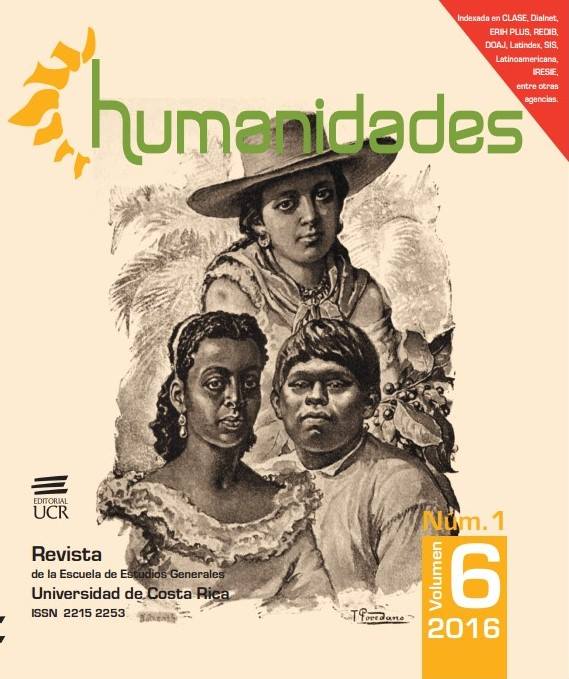Abstract
Faced with forgetfulness and lack of memory, Lina Meruane depicts in the novel Fruta podrida [Rotten fruit], the drama lived in Chile with the savage implementation of the market economy, a system that attacked in sinister ways the spaces and bodies of Chileans. In this piece, Meruane disassembles the violent and coercive devices over the bodies, claiming the right to life and death, conjecture from which I explore this novel which I focus from the theoretical perspective of Michel Foucault and Judith Butler, regarding the power and the unequal valuation of the bodies. This is a critique of the official memory that absolved those that were guilty of the decomposition of Chilean society; Meruane dares to speak the unspeakable from an ill body that condemns the network of dehumanizing powers of the neoliberal-dictatorial-patriarchal, network that controls the territory and the bodies, making of Chile a memoryless warehouse.References
Bolaño, R. (2003). El gaucho insufrible. Barcelona: Anagrama.
Butler, J. (2005). Cuerpos que importan: Sobre los límites materiales y discursivos del “sexo”. Buenos Aires: Paidós.
Brum, E. (4 de agosto de 2015). Muriendo en primera persona. El País. Recuperado de: http://internacional.elpais.com/internacional/2015/08/04/actualidad/1438705256_875636.html
Contreras, F. (4 de septiembre de 2013). ¿Eres o no Lina Meruane? [Mensaje de un blog]. Recuperado de: http://eternacadencia.com.ar/blog/editorial/presentaciones/item/eres-o-no-lina-meruane.html
Eltit, D. (2000). “Cuerpo y fulgor”. En: Olea. Escrituras de la diferencia sexual. Santiago: LOM Ediciones.
Focault, M. (1995). Historia de la sexualidad, la voluntad del poder, (Tomo 1). México: Siglo XXI.
Focault, M. (1997). Vigilar y castigar: nacimiento de la prisión. D. F., México: Siglo XXI.
Lemebel, P. (2004). Zanjón de la Aguada. Santiago: Seix Barral.
Meruane, L. (2007). Fruta podrida. Santiago: Fondo de Cultura Económica.
Meruane, L. (2012). Sangre en el ojo. San José, Costa Rica: Lanzallamas.
Oyarzún, K. (2000). “Desnaturalizar las diferencias: sexo, cultura, poder”. En: Olea. Escrituras de la diferencia sexual. Santiago: LOM Ediciones.
Richard, N. (2010). Crítica de la memoria (1990-2010). Santiago: Ediciones Universidad Diego Portales.
Suárez, B. et al. (2000). Escribir en femenino. Barcelona: Icaria.
Sutherland, J. P. (2013). “Cuerpos y desplazamientos en Viajes virales”. En Revista Nomadías, 17, pp. 253 a 257. Recuperado de: www.nomadias.uchile.cl/index.php/NOarticle/viewFile29955/31733
Valdés, X. (2000). “Modernización, democratización y derechos ciudadanos: Una mirada a la vida privada de los temporeros de la fruta”. En: Olea. Escrituras de la diferencia sexual. Santiago: LOM Ediciones.


